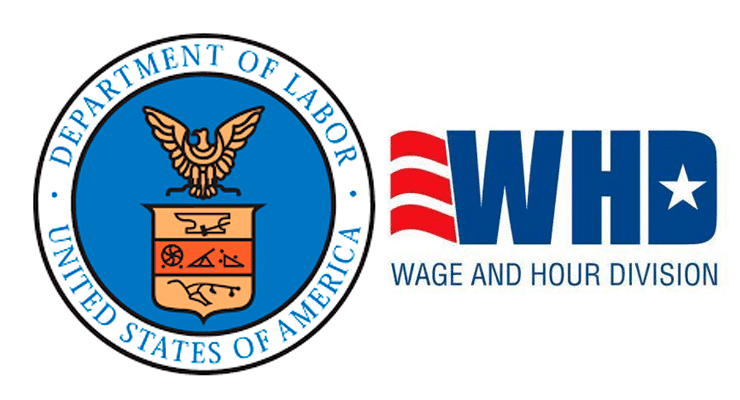SEAN HIGGINS | 4.20.2023 8:00 AM
California’s experience combatting wage theft has been a headache for employers without much in the way of restitution for workers.
Julie Su wants to be the nation’s top cop on wage theft, and she means that quite literally.
Su, President Joe Biden’s nominee to be the Secretary of Labor, believes that allegations of not paying workers what they are due are so serious that the accused—business owners—should be put in handcuffs.
As the head of the California Labor Department under Gov. Gavin Newsom, Su created the state agency’s first-ever criminal investigations unit. Su vowed that the unit would go after those “who underpay, underbid and under-report in violation of the law.” And the wage theft police were born.
“When we first implemented the unit, newspaper headlines warned of armed Labor Commissioner deputies coming to get employers in California and arrest them for crimes. And, well, we are!” Su boasted in a 2015 lecture. “We have filed over a dozen felony wage-theft cases with district attorneys across the state and we have had employers arrested and thrown in jail for the wage theft they committed.”










